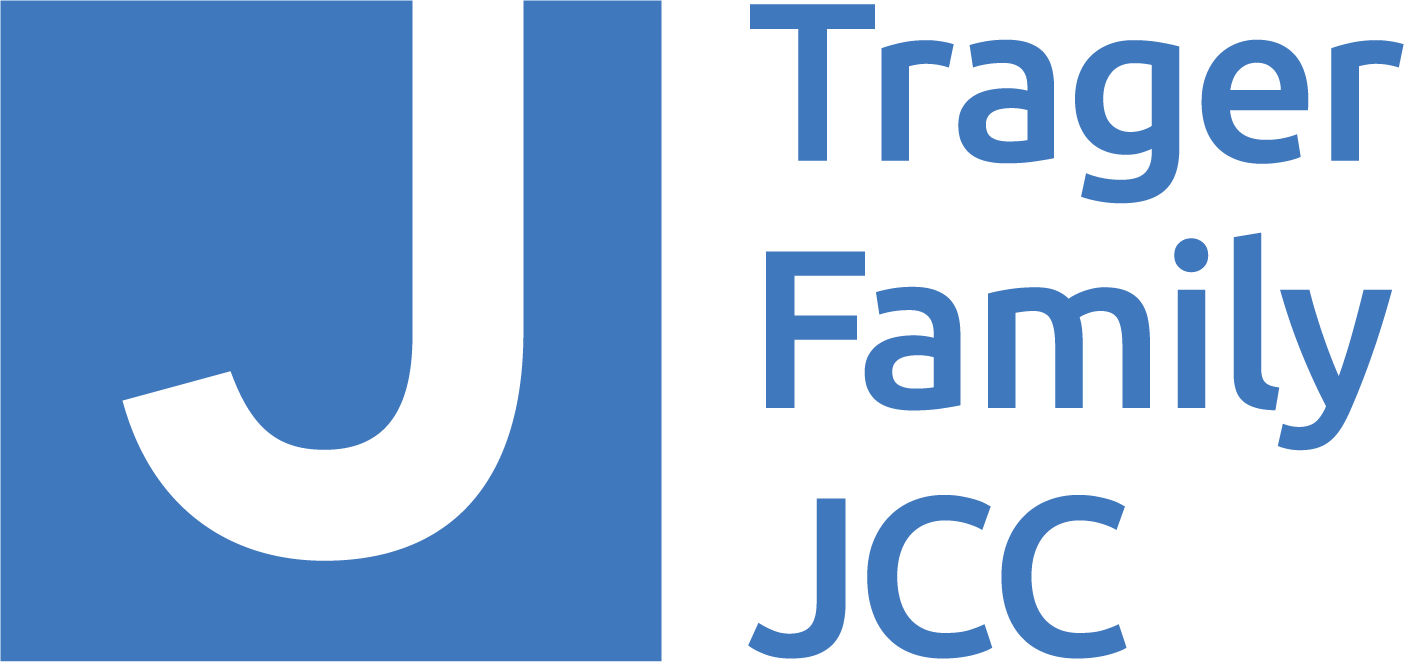“We are what we repeatedly do.”
– Aristotle
As my time chairing the Jewish Community Relations Council comes to a close this month, I’ve been reflecting on Aristotle’s words. “We are what we repeatedly do”; that means who we are comes from the actions which become habits.
When I sat down to write this column, I assumed people would want to know: “What has the JCRC done for our community? What bills have they supported? What coalitions have they joined? What events have they sponsored?” I started to list out all the things we’ve achieved over the past two years.
I’m proud to say it’s a long list. But that’s not what the JCRC has done for our community.
The question we should be asking comes from Aristotle: What has the JCRC done repeatedly – day in, day out – to strengthen our community? What actions have become habits for those of us tasked with leading Jewish community relations?
I can answer with three simple words: respect, perspective and compassion.
The JCRC is responsible for leading the Jewish community’s interfaith relations, Israel advocacy, and social action issues. As you can imagine, it’s not a place where everyone always agrees. But it is a place where important work gets done – not in spite of our disagreements but because of them. How? Because we have made a habit out of respect, perspective and compassion.
I’ll start with respect.
Community relations is an interesting field, where the means are just as important as the ends. Our victories lie in how we accomplish things, not just what we accomplish. And how we accomplish things is through respect.
Think of our debate on the Iran nuclear deal that passed Congress last year. Our community was split on whether we should support or oppose the deal, and what the deal might mean for Israel. This could have led to a shouting match, with one side trying to force its opinion on the other. But it didn’t. Instead, we hosted Senator Mitch McConnell, a strong opponent of the deal; and we hosted Congressman John Yarmuth, a vocal supporter of the agreement. We acknowledged this was a complex issue with complex solutions. And because we approached each other with respect, we were able to speak as one community with varied opinions, not a community of splintered, fighting factions. That’s the power of respect.
Next, there’s perspective.
Respect means I will treat you fairly even if I don’t agree with you. Perspective means I’ll try to understand the true reason you hold your beliefs. For the JCRC, this means challenging ourselves to view issues through someone else’s lens.
When the JCRC was debating whether to support an increase in the minimum wage for Louisville, it would have been easy to demonize each other – to cast those against the increase as heartless, or those in favor as naive. But we didn’t. We used perspective to understand that both sides wanted a strong economy and engaged workforce for our city – they just saw different paths to reach that goal. What’s more, we understood both sides were trying to uphold Jewish values in their positions. Public discourse today is greatly lacking in perspective, and we should be proud it’s on display daily in our JCRC.
Finally, there’s compassion.
The Torah commands us: Love your neighbor as yourself. Notably, it doesn’t say, “Love your neighbor who believes the same thing as you,” or “Love your neighbor as long as nothing he posts on Facebook offends you.” Compassion isn’t dependent on how others approach us; it is a mark of how we approach others.
Our compassion has been on display this year as the JCRC cosponsored a Syrian refugee family. Our decision to sponsor the family came after a lengthy discussion on many topics: policy and security concerns over America admitting Syrian refugees; worry over the family’s potential views on Israel; concerns about how the family would feel being sponsored by people of Jewish faith. But compassion drove us to a decision. We welcomed the AlSaids as we would want to be welcomed ourselves. And now, when the AlSaids speak of their first days in America, they speak of the compassion of our Jewish community.
In the end, Aristotle is right: We are what we repeatedly do.
If you ask me about the JCRC’s greatest accomplishment, I wouldn’t point to a bill, or an initiative, or a coalition or an event.
I’d point to the fact that Louisville’s Jewish Community Relations Council is a national model for civility. We have repeatedly chosen respect, perspective and compassion. And in making these our habits, we have made ourselves a stronger united Jewish community.
Thank you for the honor of allowing me to help lead this effort.


